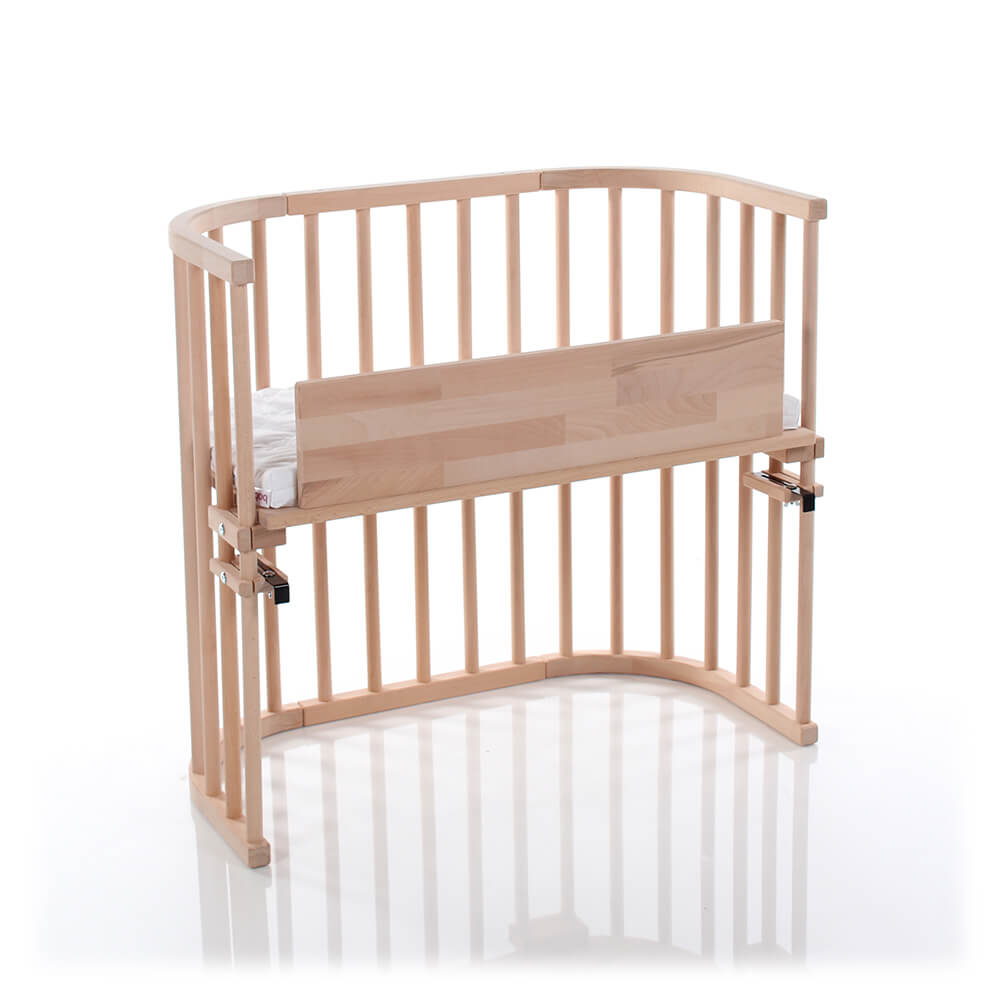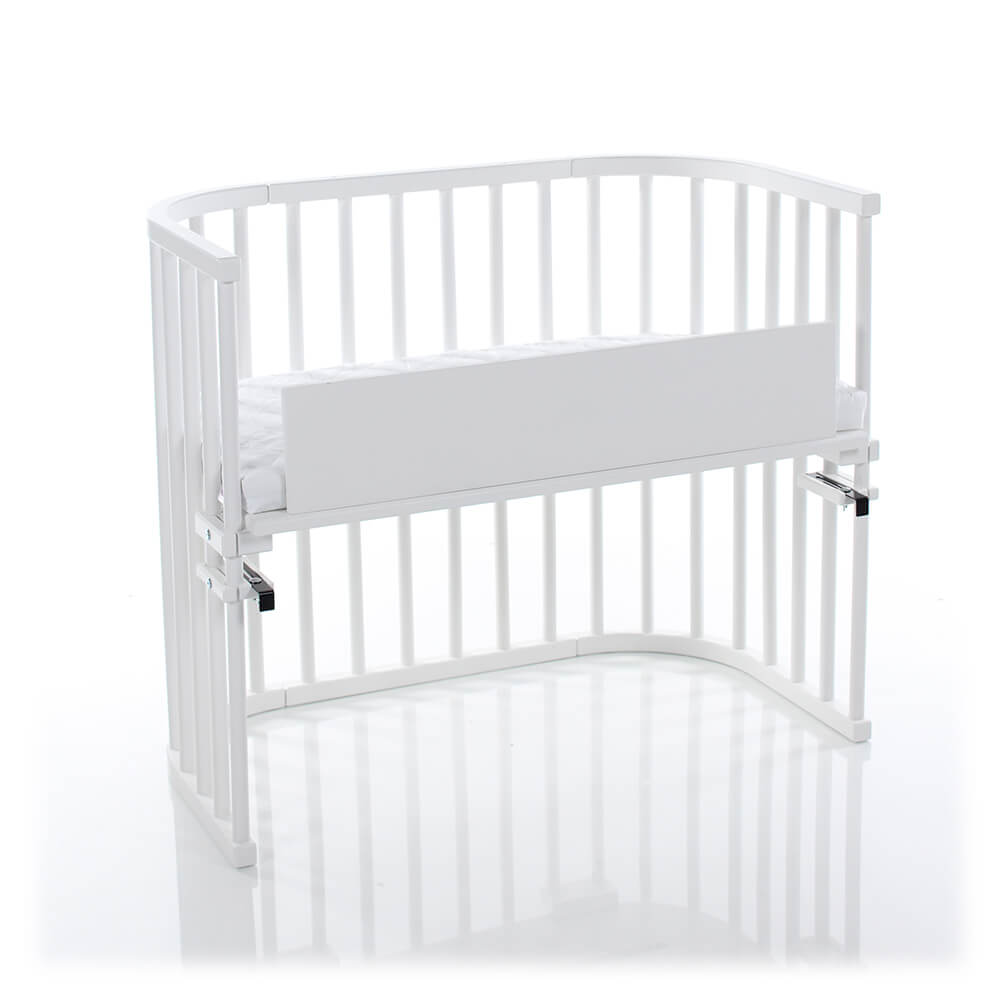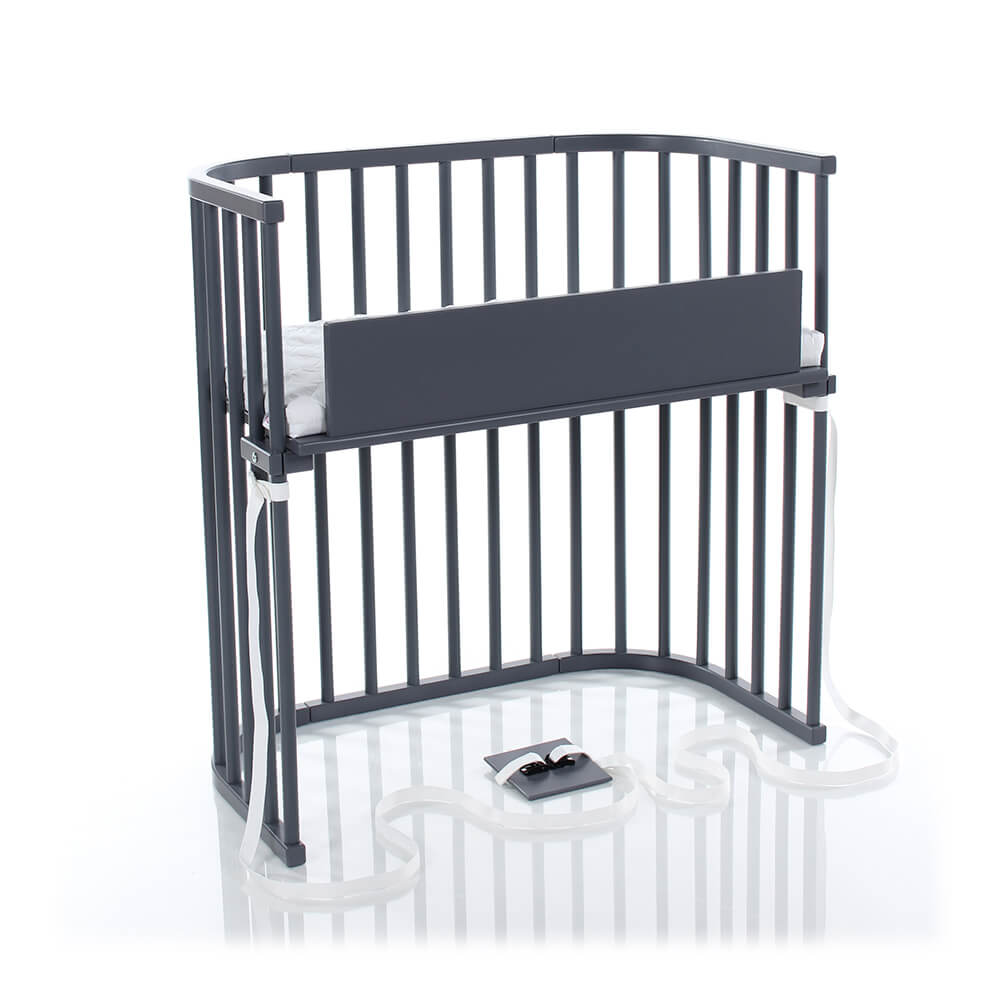For some lucky pregnant women, sleep comes easy. But for others, pregnancy insomnia can leave them feeling restless, frustrated, and worried about waking up feeling tired and worn out. So how do you make the most of your sleep for pregnancy health and full peace of mind at every stage?
Here’s our trimester-by-trimester guide to cutting through the insomnia, ditching the dreamless nights, and getting the kind of pregnancy sleep that leaves you waking up refreshed.
First Thing’s First: Why Is It So Hard To Get Sleep While Pregnant?

Pregnancy insomnia often begins in the first trimester, and is thanks to a host of factors like fluctuating hormone levels, nausea, heart rate fluctuations, leg cramps, and body temperature changes.
By later in your pregnancy journey, there might be other reasons why your pregnancy insomnia gets worse—like the feeling of your growing belly making it difficult for you to find the best positions for easy rest.
Though sleep problems during pregnancy are common, that doesn’t mean they’re totally harmless.
While a few nights of tossing and turning shouldn’t affect you or your baby, new research claims that women who don’t get quality rest during their pregnancy are at greater risk of complications.
Which is why getting good rest should be a priority at every stage of your pregnancy–and should still be a priority after your baby is born!
Getting Enough Sleep While Pregnant: What To Do During Your First Trimester

Here’s our first tip: don’t stress or overthink your sleepless nights.
Though finding ways to drift off to dreamland should be priority #1, stressing about the “right” ways to get that sleep can do more harm than good.
As your placenta grows during your first trimester (and your body gets used to differing hormone levels), you’re likely to feel pretty tired.
Instead of ignoring the exhaustion and plowing through, take the time to care for your body’s every need. Don’t be afraid to take naps, call in the babysitter for a few hours of midday rest, or go to sleep extra early if that’s what your body needs.
You’ll appreciate the extra attention you’re giving your body in the long run—especially when it pays off in the form of longer and more peaceful nights of sleep down the road.
Sleeping While Pregnant: Getting Rest In Your Second Trimester

Many women find sleeping while pregnant easier during their second trimester.
This is due in part to stabilizing hormone levels, which offer a much-needed break from morning sickness. It’s also due to less frequent bathroom runs, which come as a result of the uterus not pushing as heavily on your bladder.
According to the Sleep Foundation, women tend to get 7.5 hours of sleep on average during their second trimester.
That makes this an ideal time to stock up on baby products, pick out the crib or bedside co sleeper that will make a perfect fit in your room, and start planning next steps when your baby arrives.
And while you don’t want to overdo all the nesting during this stage of your pregnancy (a healthy balance of nesting and resting is always important!), it is helpful to get started on your list of to-dos when your body and mind are up for the task.
Getting Sleep During Pregnancy: What to Expect In the Third Trimester
Though your second trimester likely offered a reprieve from all those sleepless nights, you’re likely to experience some more of them as you enter your third trimester.
This is less thanks to changing hormones and more thanks to changes in your body, which can make it hard to find a comfortable position that lets you drift into the deep sleep you need.
Restless leg syndrome, back pain, and baby kicks can all also cause nighttime tossing and turning, which can leave pregnant women with more than a few sleepless nights.
Luckily, you kind find relief by finding the right pregnancy sleep positions to ease the pressure on your growing pregnancy belly and get the rest you need.
You can also practice a few self-care essentials–like putting a relaxing bedtime routine in place–to help make falling asleep easier during this stage.
How to Get Sleep After Your Baby Comes

Though getting sleep while pregnant always feels like the biggest concern, it’s no secret that having a new baby also makes it challenging to get full nights of rest.
It’s important to plan ahead for those days after your baby is born so that you can make the most out of all those early moments with your little one (without any sleep deprivation to show!).
For many families, this means looking into the many benefits of bedside co sleepers, which offer a way for you to enjoy all the benefits of sleeping close to your baby—including getting more hours of better rest!—while also giving them a space all their own.
Because as a pregnant woman, you deserve quality nights of sleep for pregnancy health and full relaxation. And you deserve that as a new parent too!







